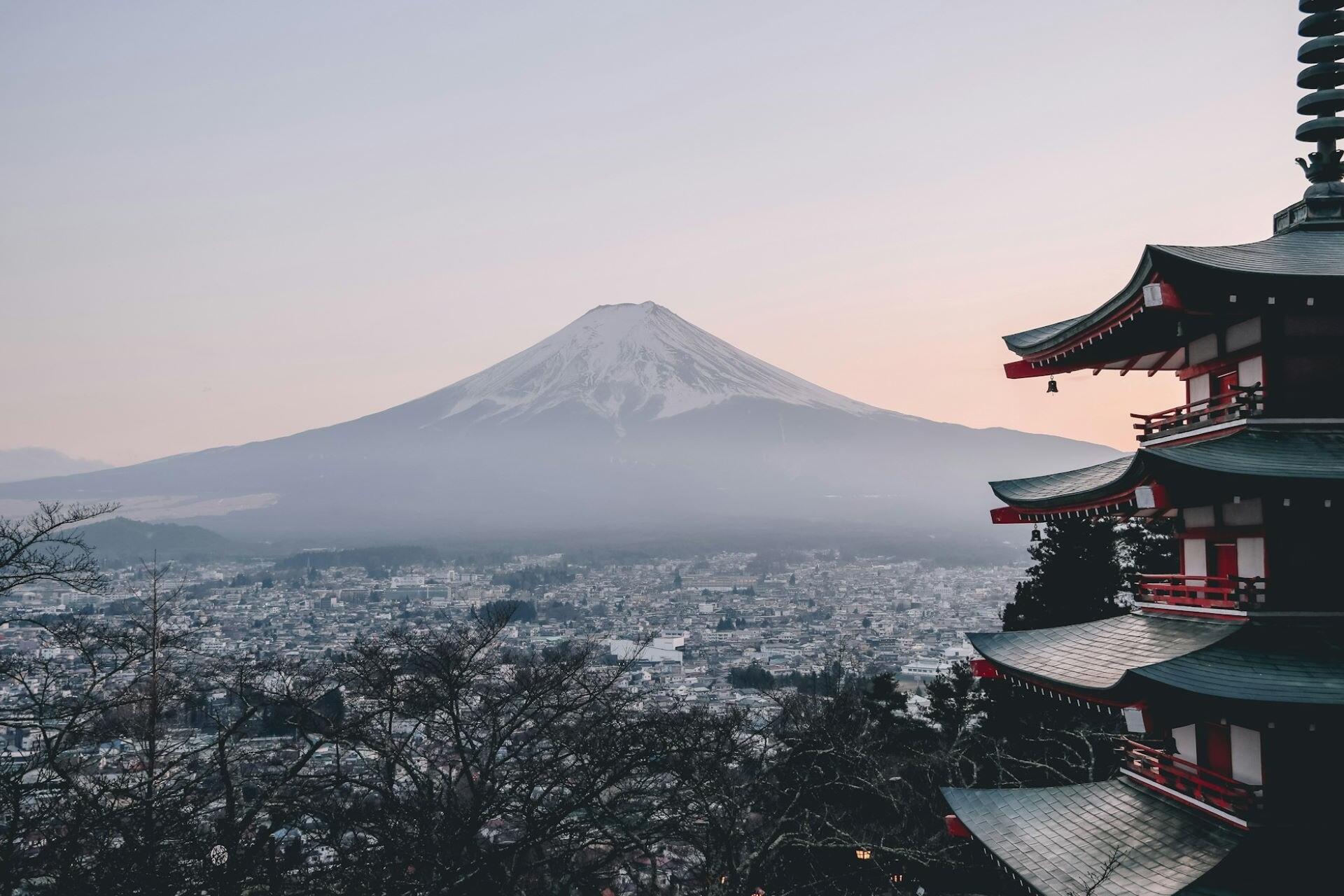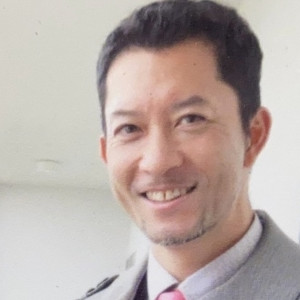Japanese names are more than just identifiers for people. They typically carry deep meanings, cultural significance, and family heritage.
Japanese parents carefully select names based on kanji characters, meaning, and pronunciation, with each name telling a story reflecting elements of nature, virtues, or historical significance.
Let's explore how Japanese names are formed, their meaning, the most popular baby names in Japan today, and how foreign names are adopted in Japan.

How Japanese Names Are Formed and Written
Japanese names use kanji characters. The characters used for the name carry meaning and the name's pronunciation.
Unlike in English, where names are the collection of letters that spell them, the use of kanji characters in Japanese comes with a rich symbolism, often reflecting virtues, nature, or family heritage.
1. The Structure of Japanese Names
Japanese names follow a specific structure:
- Family Name (Surname) + Given Name
- Written in Kanji, Hiragana, or Katakana
- No Middle Names in Traditional Japanese Naming
Take the famous Japanese figure skater Hanyu Yuzuru (羽生結弦); the surname (or family name) is Hanyu (羽生), and the given or first name is Yuzuru (結弦), which means "to mind strings together".
Family names come first in Japan, much like in many other Asian countries.
2. Kanji in Japanese Names: Meaning and Flexibility
More often than not, Japanese names are written in kanji. However, the kanji chosen to write the same name can have different meanings.
Take the name Haruki, for example. You could write this in three different ways and still have it pronounced the same:
- 春樹 – "Spring Tree"
- 陽輝 – "Shining Sun"
- 晴希 – "Clear Hope"
Each kanji combination gives the name a different meaning and nuance, allowing parents to customise names to reflect their wishes for their child.
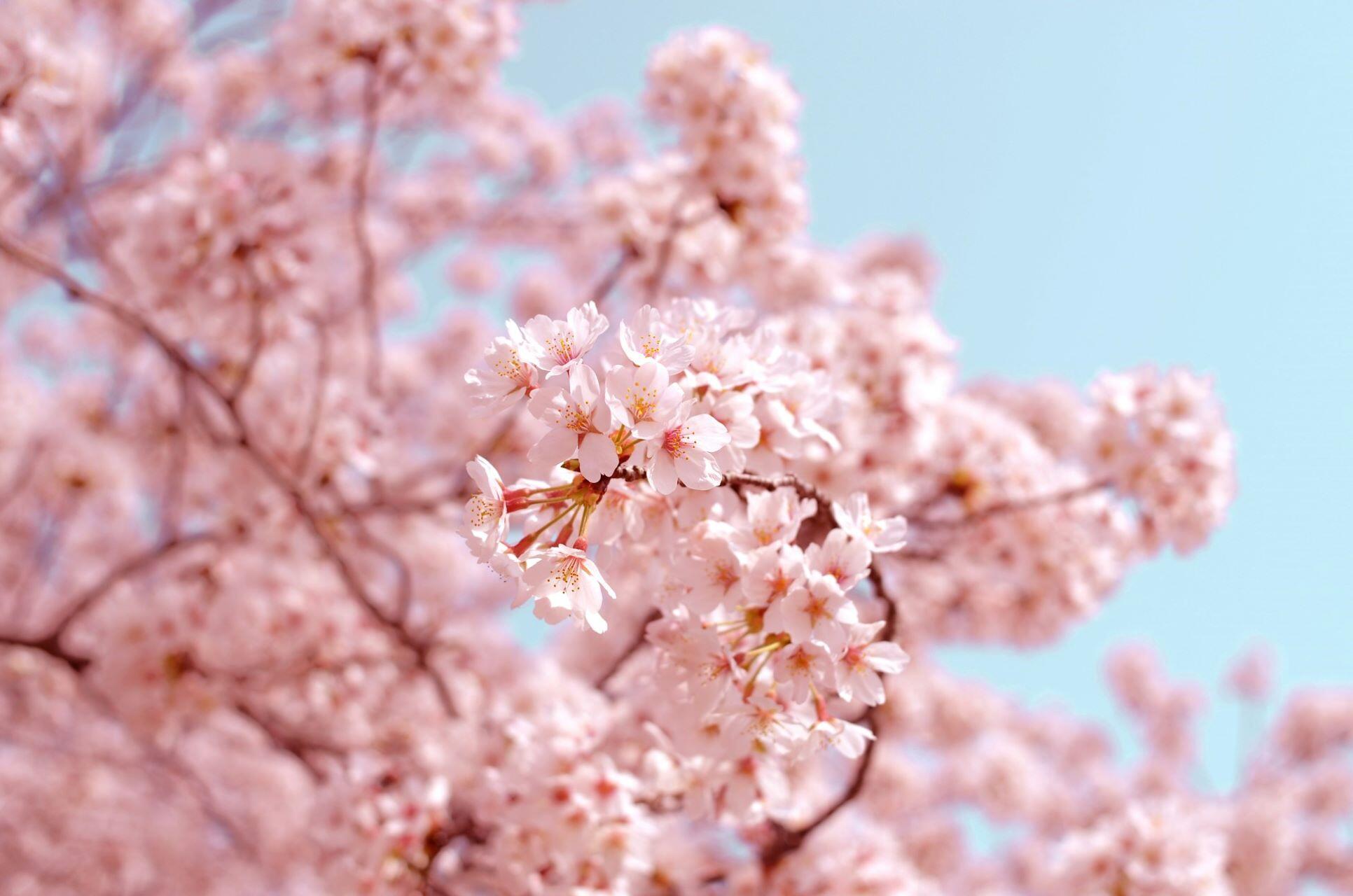
3. Hiragana and Katakana in Japanese Names
While most Japanese names are written in kanji, hiragana or katakana are sometimes used.
- Hiragana (ひらがな) – Often used for female names, making them appear softer and more elegant (e.g., ゆい – Yui).
- Katakana (カタカナ) – Used for foreign names adapted into Japanese, such as ジョン (Jon – John).
For example, the common name Sakura (cherry blossom) can be written in different ways:
- Kanji: 桜(Most traditional and meaningful)
- Hiragana: さくら (Soft, commonly used for girls' names)
- Katakana: サクラ (Used for stylistic reasons or foreign adaptation)
The Meaning Behind Japanese Names: What They Symbolise
Names in Japanese culture often carry deep symbolic meanings, reflecting nature, virtues, beauty, and family heritage. The meaning of a Japanese name will depend on the kanji characters or even the writing system used.
1. Nature-Inspired Names
It's very common for Japanese names to be inspired by nature. This is because it symbolises beauty, strength, and renewal.
Largely, these names reference flowers, seasons, or natural elements.
- Sakura (桜) – "Cherry Blossom" (symbolising beauty and the fleeting nature of life)
- Ren (蓮) – "Lotus Flower" (symbolising purity and enlightenment)
- Haruto (陽翔) – "Sunlight" + "Flight" (symbolising a bright and free-spirited future)
- Riku (陸) – "Land" (symbolising stability and strength)

Names connected to nature often hold seasonal significance. For example, Haru (春 - Spring) and Fuyuko (冬子 - Winter Child) reflect the season of birth.
2. Names Representing Light, Purity, or Strength
There's also a common theme of inner light, brightness, or purity in Japanese given names, which often carry meanings representing wisdom, resilience, and clarity.
✔ Akari (明里) – "Bright Village" (symbolising clarity and guidance)
✔ Hikari (光) – "Light" (representing hope and enlightenment)
✔ Masaru (勝) – "Victory" (symbolising strength and success)
✔ Kaito (海翔) – "Ocean" + "Soar" (symbolizing freedom and ambition)
Many boys' names include strong and powerful kanji, while girls' names often include kanji related to beauty and grace.
3. Names Expressing Love and Beauty
Another recurring theme in Japanese names is love, kindness, and beauty, especially in female names.
- Ai (愛) – "Love" (symbolising warmth and compassion)
- Emi (恵美) – "Blessing" + "Beauty" (symbolizing kindness and grace)
- Yuki (幸) – "Happiness" or "Snow" (symbolising joy and purity)
- Keiko (恵子) – "Blessed Child" (symbolising good fortune)
In the same way names are chosen for fortune, certain Japanese numbers are avoided simply because they're considered unlucky due to words they sound like.
-ko (子) is a common suffix for girls’ names, meaning "child", and is often used to convey gentleness and refinement.
Common Kanji Characters Used in Japanese Names
In the same way that there are many common themes for names in Japanese, many kanji characters are used in combinations to reflect positive traits, nature, or aspirations for a child's future.
Before you learn kanji characters for names, though, we recommend studying some basic Japanese words and phrases. Some kanji characters are commonly used for boys' and girls' names, while others are gender-specific.
Common Kanji for Boys' Names
| Kanji | Reading | Meaning | Example Name |
|---|---|---|---|
| 翔 | Shou | To soar, fly | Haruto (陽翔) – "Sunlight + Flight" |
| 勇 | Isamu | Courage, bravery | Yuusuke (勇輔) – "Brave Help" |
| 大 | Dai, Tai | Big, great | Daisuke (大輔) – "Great Assistance" |
| 陽 | You, Haru | Sun, warmth | Yohei (陽平) – "Peaceful Sun" |
| 智 | Tomo | Wisdom, intelligence | Tomoya (智也) – "Wise and Friendly" |
Common Kanji for Girls' Names
| Kanji | Reading | Meaning | Example Name |
|---|---|---|---|
| 美 | Mi | Beauty | Misaki (美咲) – "Beautiful Blossom" |
| 花 | Hana | Flower | Hanae (花恵) – "Floral Blessing" |
| 愛 | Ai | Love | Aiko (愛子) – "Beloved Child" |
| 希 | Nozomi, Ki | Hope, rare | Nozomi (希美) – "Beautiful Hope" |
| 桜 | Sakura | Cherry Blossom | Sakurako (桜子) – "Cherry Blossom Child" |
Kanji with Multiple Meanings in Names
| Kanji | Possible Meanings | Example Names |
|---|---|---|
| 光 | Light, shine | Hikaru (光), Mitsuki (光希) |
| 海 | Ocean, sea | Kaito (海翔), Umiko (海子) |
| 優 | Kind, gentle, excellence | Yuuki (優希), Yuna (優奈) |
| 春 | Spring, renewal | Haruka (春香), Haruto (陽翔) |

Top 10 Most Popular Japanese Names and Their Meanings
Like everywhere else, there are timeless names whilst other names gain popularity with cultural trends or famous figures.
Here are the most popular Japanese names and their meanings.
| Name | Gender | Meaning |
|---|---|---|
| Haruto (陽翔) | Male | "Sunlight" + "Flight" – Symbolizing warmth and a bright future |
| Yuto (悠人) | Male | "Gentle, distant" + "Person" – Representing wisdom and peace |
| Souta (蒼太) | Male | "Blue" + "Great" – Reflecting calm strength |
| Riku (陸) | Male | "Land" – Symbolizing stability and determination |
| Aoi (葵) | Female | "Hollyhock Flower" – A symbol of nature and elegance |
| Sakura (桜) | Female | "Cherry Blossom" – Representing beauty and the fleeting nature of life |
| Hina (陽菜) | Female | "Sun" + "Vegetation" – Signifying warmth and nature |
| Yui (結衣) | Female | "Binding" + "Garment" – Symbolizing unity and protection |
| Ren (蓮) | Unisex | "Lotus Flower" – Representing purity and enlightenment |
| Hikaru (光) | Unisex | "Light" – Symbolizing brilliance and guidance |
The Meaning of Japanese Last Names
First names are often carefully chosen, but Japanese surnames carry historical and regional significance.
Common Themes in Japanese Surnames
Many Japanese last names are inspired by:
Nature and Geography
- Yamada (山田) – "Mountain Field"
- Kawasaki (川崎) – "River Cape"
Professions and Ranks
- Takumi (匠) – "Master Artisan"
- Fujiwara (藤原) – "Wisteria Plains" (A noble family name)
Elements and Directions
- Higashi (東) – "East"
- Nakamura (中村) – "Central Village"
Japan has over 100,000 unique family names. The very most common Japanese surnames include ones like Tanaka, Yamamoto, and Sato.
As you learn Japanese, you may even begin to recognise the regional and historical influences on family names.
Naming Traditions for Boys and Girls in Japan
By this point, you're likely noticing patterns in common naming conventions for boys and girls in Japan.
Meaning, kanji strokes, and traditions are all considered. While Japanese does use some gender-neutral names, many names have distinctive endings or kanji that indicate boys' and girls' names.
1. Common Patterns in Boys' Names
Japanese boys' names usually emphasise strength, intelligence, and leadership, which means their kanji also reflects this.
- Names ending in -rō (郎) – Meaning "son" or "youth" (e.g., Taro 太郎 – "Firstborn Son")
- Names ending in -suke (助) – Meaning "help" or "assistance" (e.g., Daisuke 大輔 – "Great Assistance")
- Kanji related to strength, bravery, and nature (e.g., Ryuu 竜 – "Dragon")
- Numerical references for birth order:
- Ichiro (一郎) – "First Son"
- Jiro (二郎) – "Second Son"
- Saburo (三郎) – "Third Son"
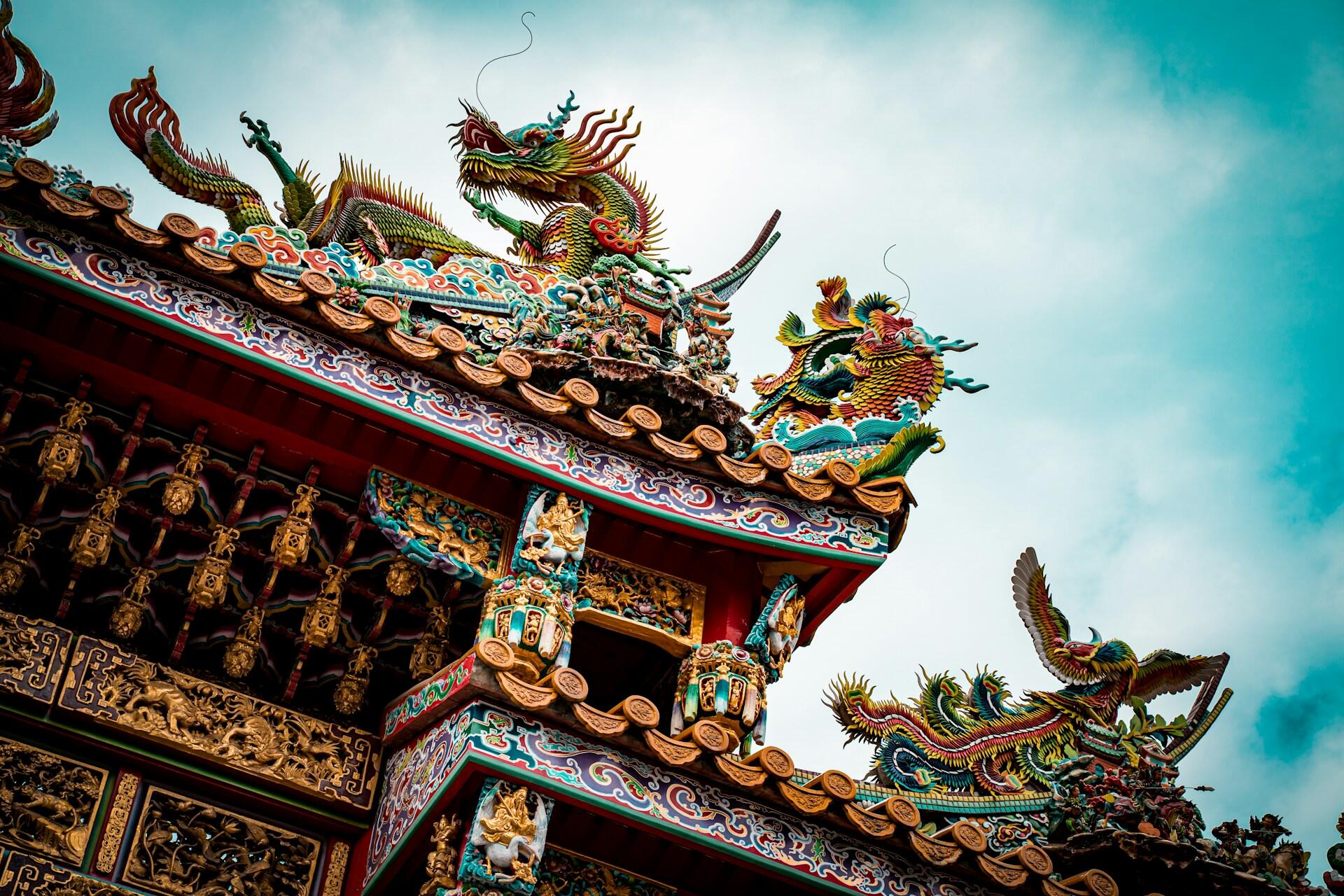
Tip: Japanese boys’ names often reflect powerful imagery, such as strong animals (龍 - Dragon), elements (陽 - Sun, 陸 - Land), and virtues (勇 - Bravery, 剛 - Strength).
2. Common Patterns in Girls’ Names
Girls' names in Japanese tend to be associated with beauty, nature, and kindness. This means the kanji uses flowers, seasons, and emotions.
- Names ending in -ko (子) – Meaning "child" (e.g., Keiko 恵子 – "Blessed Child")
- Names ending in -mi (美) – Meaning "beauty" (e.g., Naomi 直美 – "Straight Beauty")
- Names inspired by flowers and nature:
- Sakura (桜) – "Cherry Blossom"
- Hana (花) – "Flower"
- Yuki (雪) – "Snow"
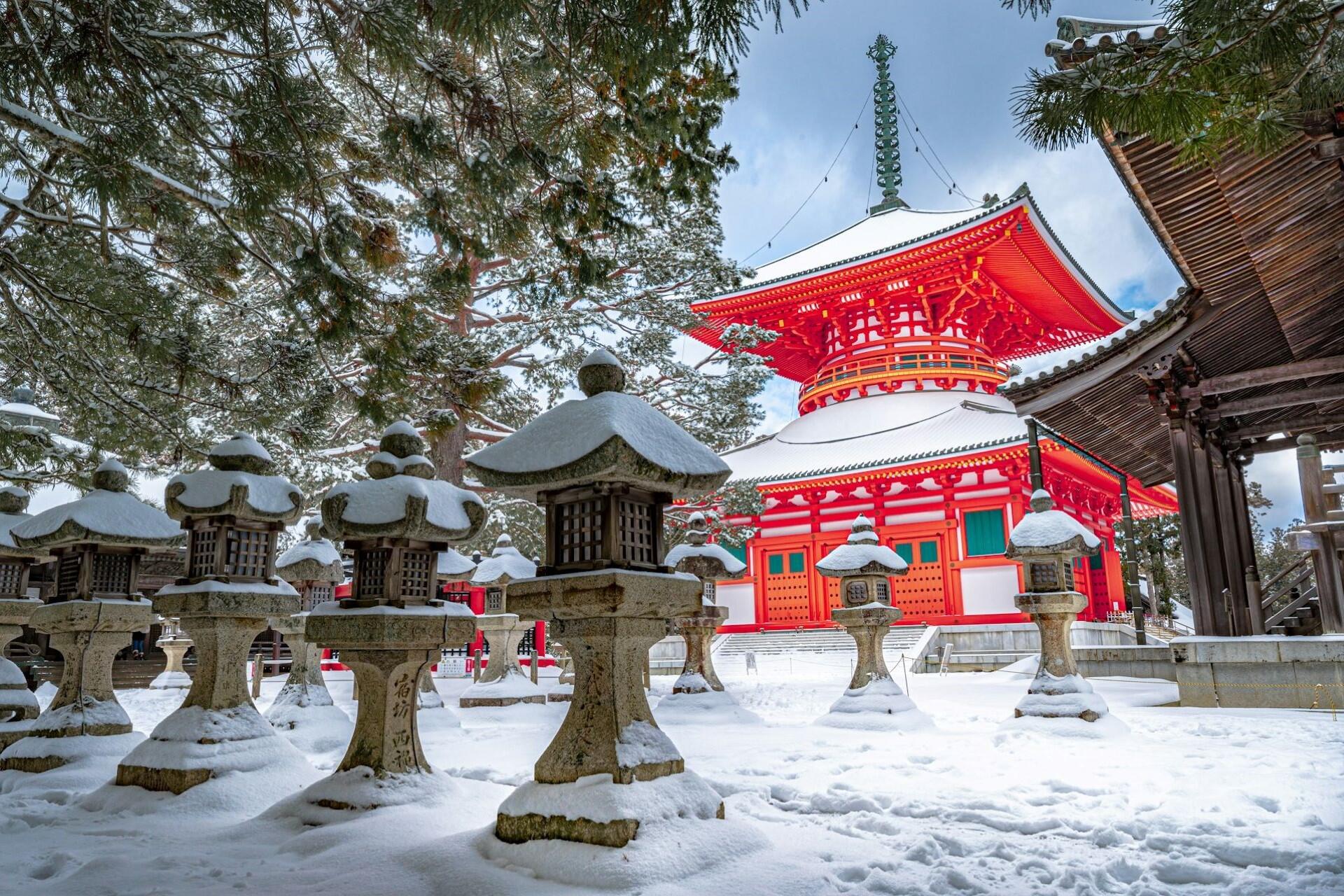
- Names symbolising purity, light, and happiness:
- Akari (明里) – "Bright Village"
- Mei (芽依) – "Sprout of Life"
- Ai (愛) – "Love"
Many Japanese girls' names end with -ko, -mi, or -na, symbolising beauty, kindness, and purity.
How Pronunciation and Writing Affect a Name’s Meaning
Japanese naming conventions carefully consider how a name is pronounced and written in kanji. Two names that sound identical can differ if they're written using different kanji.
If you learn Japanese, you'll learn about kanji and how certain characters are pronounced. There are thousands of them, so don't expect to learn them all overnight.
For example, the name Ren (れん) can be written as:
- 蓮 - "Lotus Flower" (symbolising purity)
- 連 - "Link" or "Connection"
Haruto can also be written in different ways.
- 陽翔 - "Sunlight" + "Flight"
- 春翔 - "Spring" + "Flight"
- 悠翔 - "Eternal" + "Flight"
Multiple Readings of the Same Kanji
Since Japanese kanji characters can be pronounced differently, how they're said can impact the name.
- Akira (明) – "Bright, Clear" (common in boys’ names)
- Mei (明) – "Brightness" (common in girls’ names)
- Haruaki (明) – "Spring Light" (used in classical names)
Similarly, the kanji 直 can be read as:
- Nao (直) – "Honest, Straightforward"
- Naoki (直樹) – "Honest Tree"
- Tadashi (直) – "Righteous"
The same kanji can have multiple readings, which means pronunciation often depends on tradition, family preference, or regional variations.
If you'd like to learn more about Japanese, just search for a Japanese tutor on the Superprof website. You can find tutors all over New Zealand and around the world!
With many offering the first session for free, you can try a few before choosing the right one for you.
Summarise with AI:

